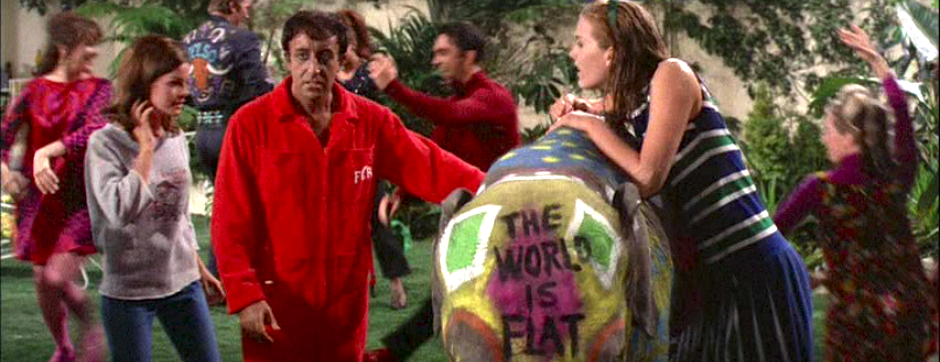An extract follows from This 8th Grade Exam From the 1930s Is Really Hard by Nikhil Swaminathan of Good Education.

Earlier this week, Valerie Strauss over at The Washington Post‘s Answer Sheet blog posted an exam given to eighth grade students in West Virginia in 1931. They had to pass it in order to graduate. This is just the geography section of the test, which also included parts addressing penmanship, physiology & hygiene, grammar, arithmetic, civics, and agriculture. Note the lack of multiple choice questions, as well as the practicality and specificity of the exam with regards to where the students lived. I’m not sure anyone today who grew up outside of West Virginia would even have a shot at passing it. […] It just immediately makes the graduation tests given in public schools across America today look shamelessly lacking in rigor. {My italics}
(Full exam is –> here)
Yes: funny, right? Rigorous exams. No multiple choice quizzes. That was critical thinking, wasn’t it. But I’m not to use this example to criticize elementary schools. On the contrary, I keep repeating everywhere: of the full 360-degree education system we have, elementary education and doctoral studies are the only levels actually working pretty well. Not always (see the US results in the PISA testing), but at least in these levels we have things pretty much figured out. Thanks to the overwhelming quantity of research done, we know that students must do things (hence the idea that many a class is a workshop or lab), that they need to actually be studying in their own time outside of school, but we make their time inside class/lab an usually engaging time. This is done almost everywhere -I’d better add, since in many places inspired by the US schools of thought, standardized testing and the obsession with objective “assessment” have brought educational levels pretty down the scale in many schools.
Take a look at some of the questions in a couple of sections and tell me your College students are able to answer them:
- What influence has the Nile River on Egypt? The Kongo basin is smaller the the Amazon. Why is it more important?
- What causes rain? Why do deserts have little rain?
- Name five cities in West Virginia with reasons for location and growth of each. {Note: Substitute ‘West Virginia’ with your own region/province/State}
- Compare the theories of government advocated by Hamilton and Jefferson.
Note the last two in my example: they are actually good examples of questioning that reveals teaching/learning that is purposeful and pertinent both to the times and the community. That was culture in the making, my friends.




